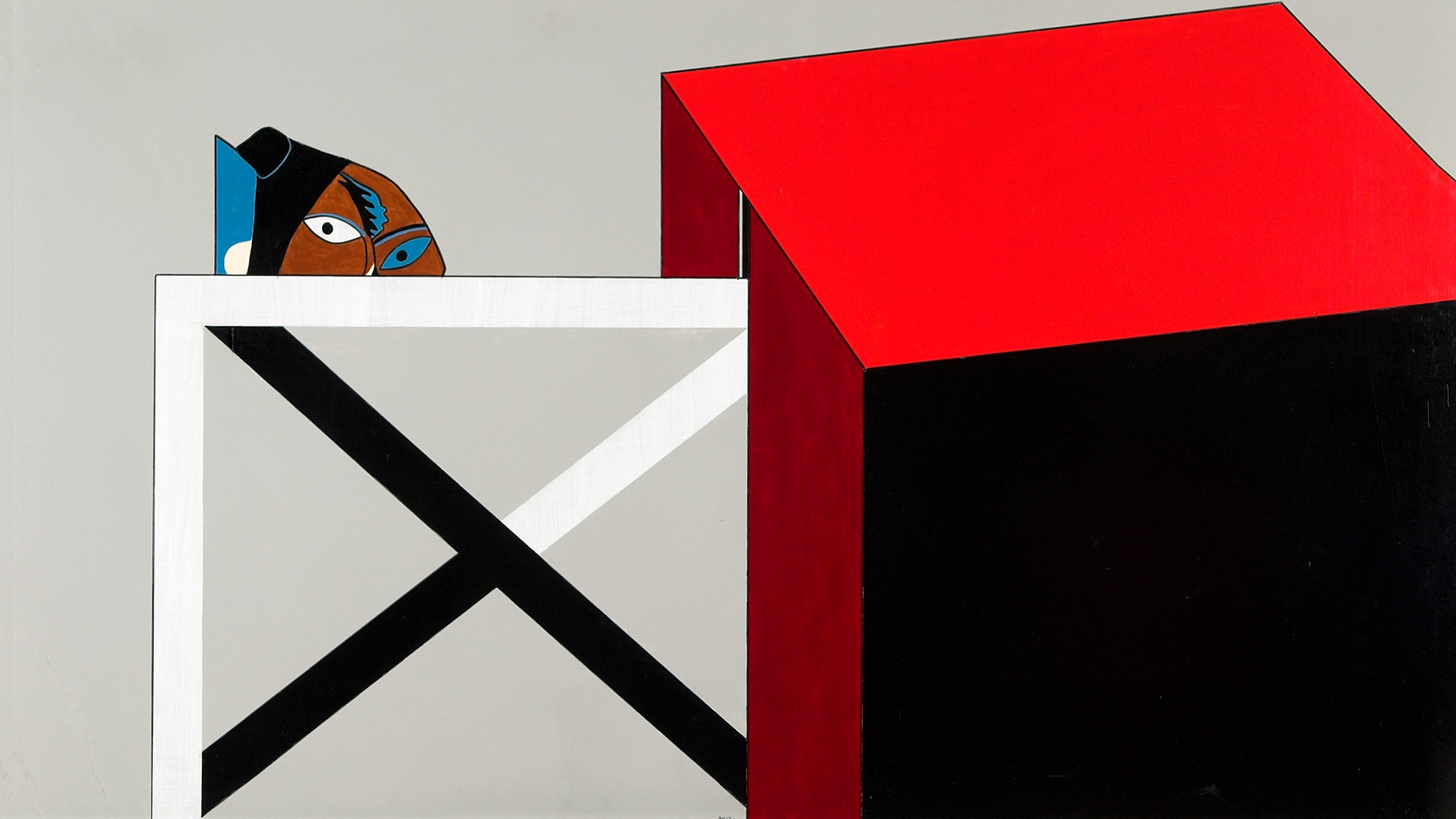Presentation of “The primitivist imaginary in Iberian and transatlantic modernisms”
Event Slider
Date
- / Cancelled / Sold out
Location
Room 1 Calouste Gulbenkian FoundationThe book The primitivist imaginary in Iberian and Transatlantic modernisms co-edited by Joana Cunha Leal and Mariana Pinto dos Santos is one of the results of the Iberian Modernisms and the Primitivist Imaginary project funded by the Foundation for Science and Technology between 2018 and 2022 and brings together contributions by Alejandro Mejías-López, Mark Antliff and Patricia Leighten, Begoña Farré Torras, Arthur Valle, Rafael Cardoso, Joana Brites, Maria Lluïsa Faxedas, Marta Soares and the publishers themselves.
This book analyses local and transnational artistic circulations, exchanges and appropriations, while reconsidering long-established ideas about modern art in the production of primitivist imagery and the modernist artworks associated with it.
Given that the term “primitivism” is linked to modernity and modernisms and was crucial in producing the grand narrative of 20th century art history, the book explores the multiple and often contradictory expressions of primitivism in Iberian and transatlantic modernisms and their political, historical, and aesthetic implications.
Modern art and visual culture produced in the Iberian countries and Latin America are analysed in terms of their role in the anti-illusionist affirmation of modern art and the way in which this “primitivist fantasy” incorporated prejudices of race, gender, and class, confirming or transforming them. The different links that Spain and Portugal maintained with their colonial past are brought into the discussion, along with an analysis of nationalist and popular aesthetics.
Recognising that the simple use of the term primitivism, with or without inverted commas, is always problematic, as it implies a Eurocentric gaze, this book underlines the need to continue discussing it, and to study how it operated on the periphery of art history.
The book will be presented by Pedro Cardim (CHAM – NOVA FCSH), Afonso Dias Ramos (IHA – NOVA FCSH) and the publishers.
Image: O Fantasma de Avignon – 5 by António Areal, 1967
The Calouste Gulbenkian Foundation reserves the right to collect and keep records of images, sounds and voice for the diffusion and preservation of the memory of its cultural and artistic activity. For further information, please contact us through the Information Request form.

